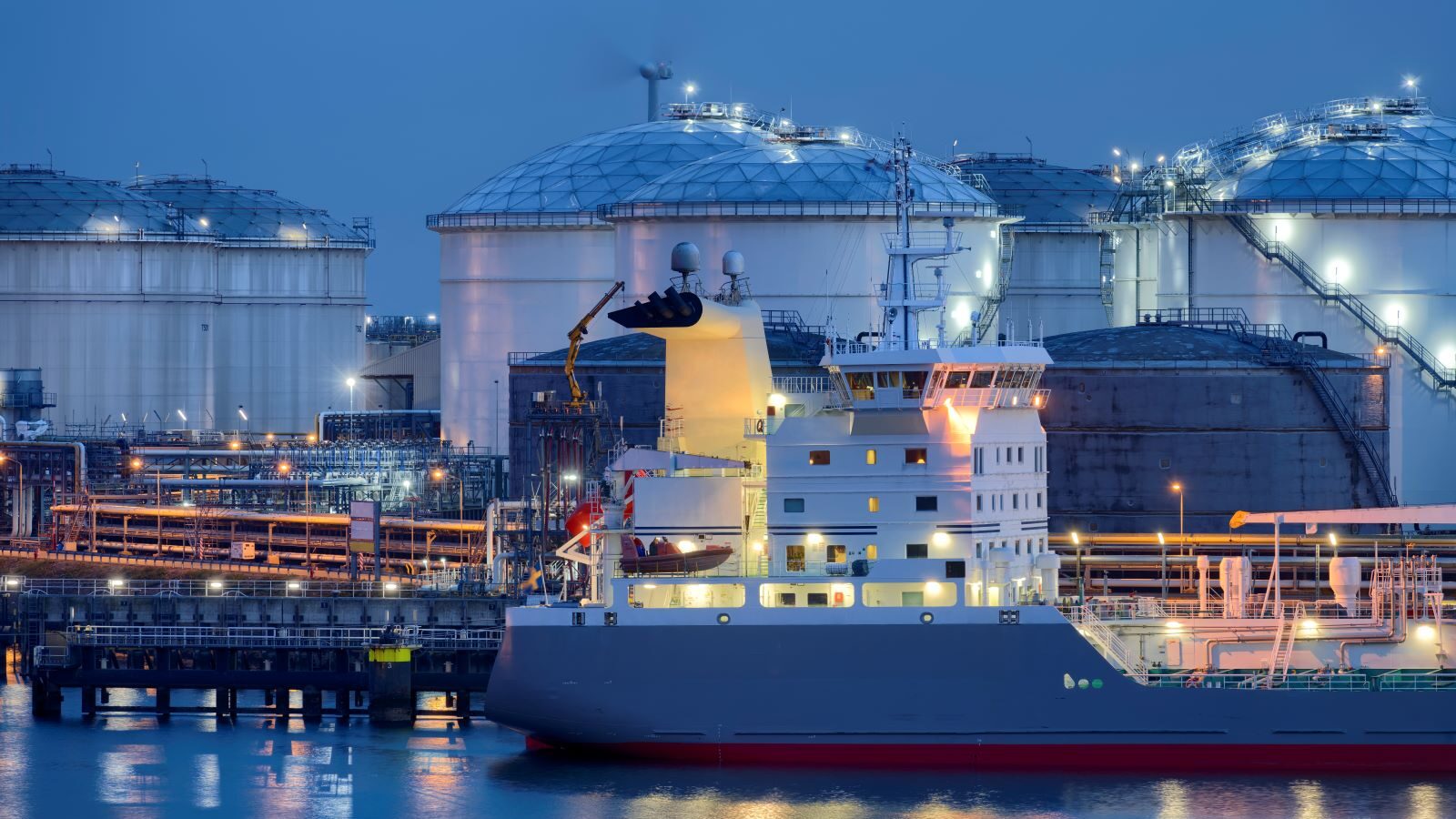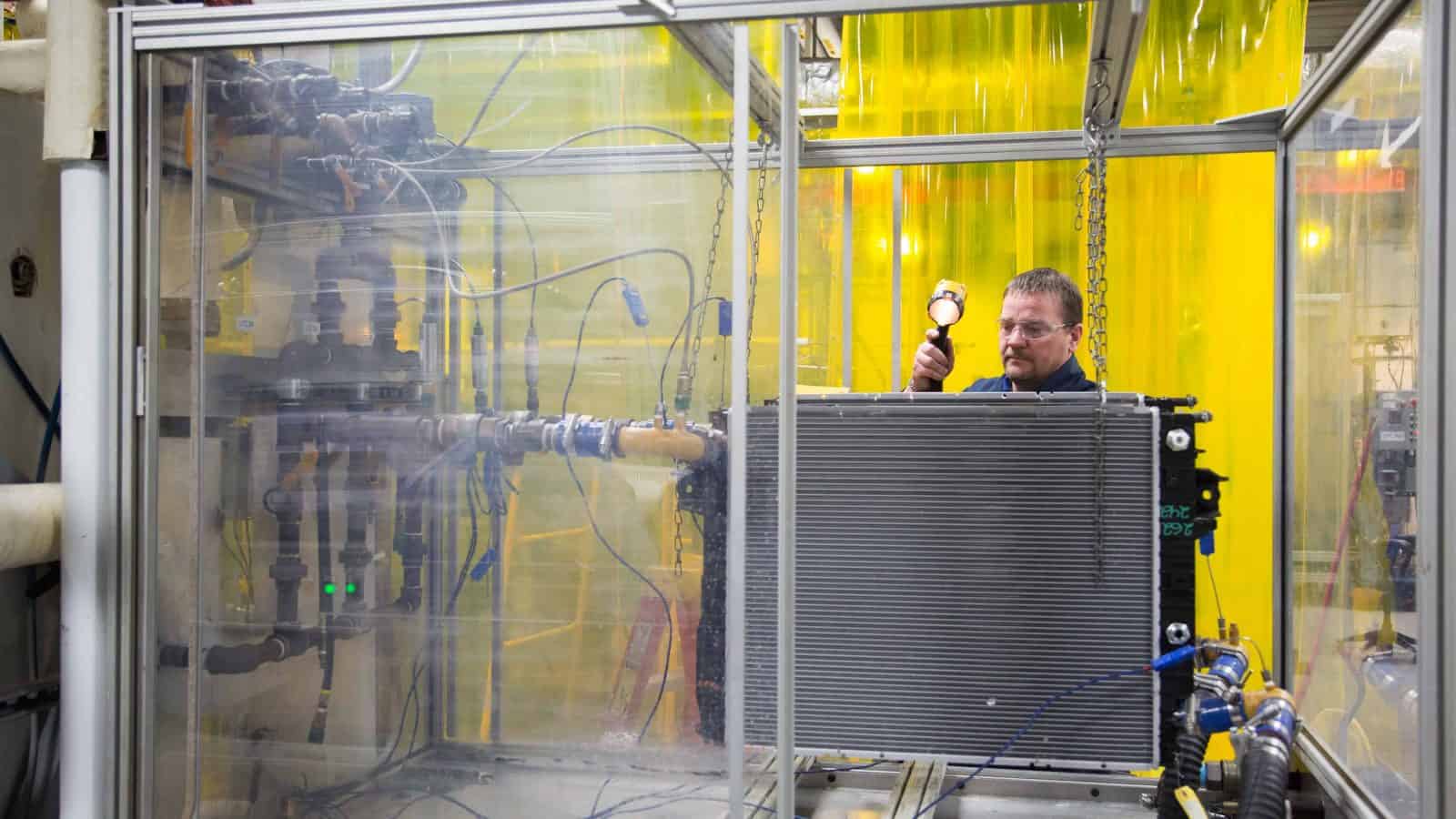What’s Up with Energy Infrastructure?

This is a week of dramatic energy developments—some mostly good, some bad and some mixed. Here’s what manufacturers need to know.
The (mostly) good: The Jordan Cove liquid natural gas terminal in Coos Bay, Oregon, received approval from the Department of Energy on Monday, clearing the way for the West Coast’s first liquefied natural gas terminal capable of exporting low-carbon energy to Asia.
- Why it matters: The project offers increased energy security for the United States while also enabling a shift to cleaner fuels—the kind of modern initiative that will play a key role in climate action.
- A note of caution: The DOE approval isn’t the final word; activists will continue fighting the project in court and try to keep manufacturing progress from being made.
The bad: Even though the project won a 7-2 victory in the Supreme Court just three weeks ago, Dominion Energy and Duke Energy were forced to cancel the Atlantic Coast Pipeline on Sunday.
- Why it matters: The project was intended to energize Mid-Atlantic manufacturing with clean natural gas, but years of court battles and needless permitting delays exhausted it. As NAM President and CEO Jay Timmons put it on Twitter, “All those who depend on reliable sources of American energy are disappointed.”
The bad cont’d: On Monday, a DC court ordered the Dakota Access Pipeline to shut down until yet another additional environmental review is completed, on top of many previous reviews.
- Why it matters: This underground pipeline benefits communities across the Midwest and provides a clean, safe route for oil transportation.
The mixed: The Supreme Court refused to let the Keystone XL project start building again—but at the same time, it did reinstate a critical nationwide permit system for other new energy infrastructure projects.
- What to expect: Activists have already threatened to attack other projects with the same arguments they used against Keystone XL, which could hold up much-needed progress.
The last word: “At a time when we have faced record-breaking unemployment and our country is struggling to get back on her feet, we can’t tell families to wait through more unnecessary delays or until the courts sort things out in a few years,” NAM Vice President of Energy and Resources Policy Rachel Jones says. “We have run out of time for political wrangling. Manufacturers need policymakers to cut through the fighting so we can build more, do more and make more.”
